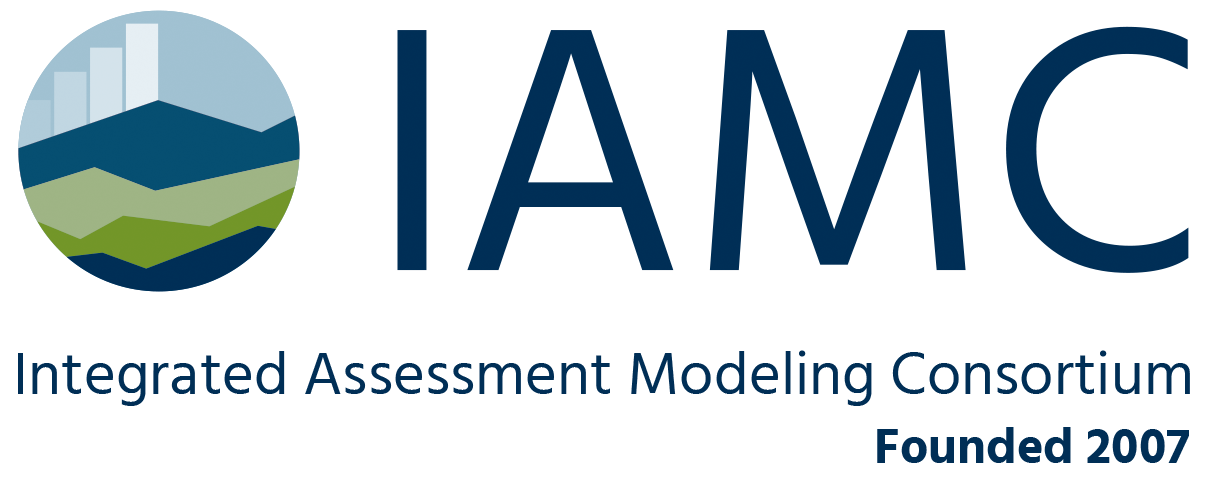Defining national net zero goals is critical for food and land use policy
151 countries are aiming for ‘Net Zero’ (NZ), however, the definitions of these goals are relatively inconsistent, including terms such as: ‘net-zero’, ‘climate neutral’ and ‘carbon-neutral’. This poses a significant problem when the definitions, scope and implementation are unclear.
This lack of national level clarity poses particular a challenge for defining actionable pathways to NZ within the Agriculture Forestry and Other Land Use (AFOLU) sector, owing to difficult-to-abate methane and nitrous oxide emissions.
Clear, actionable NZ definitions are essential for guiding land-use decisions. Should nations prioritize large-scale afforestation, modifications to livestock practices, or a blend of strategies? Without precise targets, well-intentioned efforts within the AFOLU sector may fall short of their intended climate impact, or have unintended negative impacts such as increased long-term emissions, or negative socio-economic outcomes.
Livestock farming is prominent in Ireland, particularly in the production of dairy products and beef, exporting most of its production. Consequently, the Irish AFOLU sector emits a lot of methane, contributing to over 40% of the nation’s GHG emissions. Pathways to NZ (by 2050) are therefore likely to involve transformative change. This study explores the land use combinations necessary to achieve NZ under various NZ definitions and examines the potential effects on national milk and beef production, with and without additional ambitious GHG abatement measures.
Defining national net zero goals is critical for food and land use policy
George Bishop, Colm Duffy, Rémi Prudhomme, Annette Cowie, Cathal O’Donoghue, Michelle Cain, Gary J. Lanigan & David Styles


